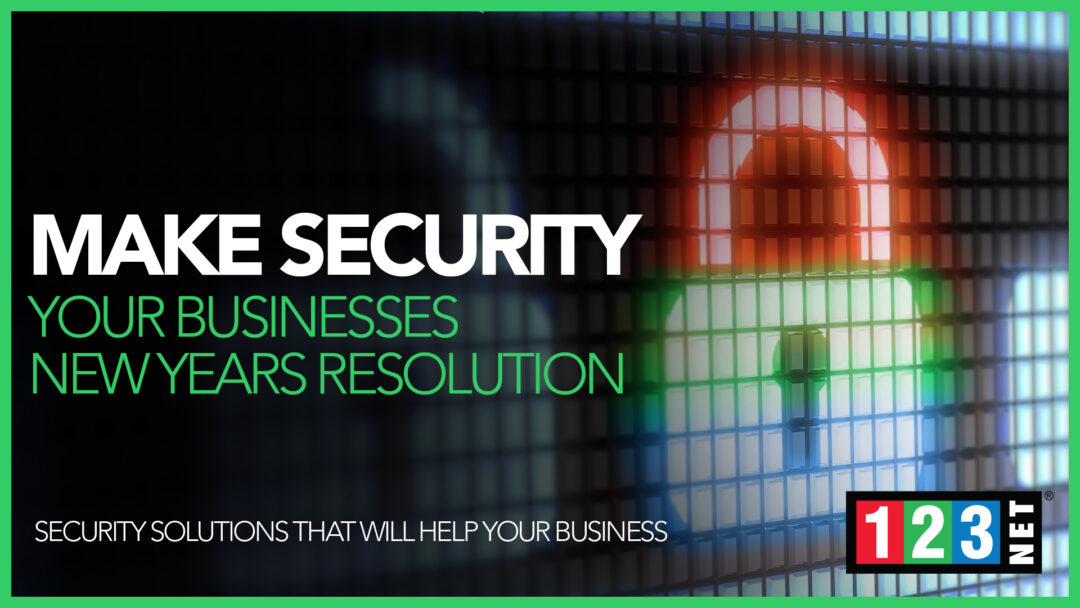
According to Check Point, in 2022, global attacks increased by 28% in the third quarter compared to the same period in 2021. The average weekly attacks per organization worldwide reached over 1,130 attempts. Prioritizing security practices can make or break the overall security defense in an organization. Informed security starts with a business’s employees. By improving cyber security awareness, a business can ensure their employees know how to recognize the attacks and understand the potential impact it can have on their business.
Here are some essential ways to help prevent cyber-attacks on your businesses:
1. Security is a process, not a product
It is not just about encryption but also creating the right practices for employees to prevent dangerous attacks on their business. Relying on the product or program to protect the hardware from attacks will likely cause slip ups in a business. Practicing, monitoring, policies, awareness, and strategy can help protect a business from any cybercrime. Overall, security training is a never-ending process that can’t be implemented in a day’s work.
2. The enemy can only win if mistakes are made
Informed users are the best defense against cyber-attacks. Making a business aware of the possibility of threats by stopping attacks from taking place and implementing security measurements is key.
Here are some basic precautions to protect your business from future attacks:
- Always update your operating system
- Install antivirus software
- Set strong passwords for every account
- Close unneeded programs when not in use
- Avoid sharing confidential information over public Wi-Fi networks
- Encrypt sensitive documents using encryption software like TrueCrypt or PGP disk
- Keep backups of important files somewhere safe offline in case their original locations get hacked (like a USB drive)
3. Take nothing for granted
People often fall into the trap of assuming their hardware works as advertised; however, this can be a dangerous assumption. Vendors sometimes have hidden agendas or may not test their products before releasing them onto the market. Manufacturers have often been known to lie about product specifications and capabilities.
In practice, hardware must not be trusted. More importantly: software must not be trusted either. Software developers often make mistakes when writing code or deploying systems and can leave behind subtle vulnerabilities which could allow attackers to exploit a system in unintended ways or steal data from the network.
4. Understanding the risks of being hacked when your business is not secure
There are two kinds of people in this world, those who have been hacked and those who do not know they have been hacked. According to Duke CFO Global Business Outlook, more than 80 percent of U.S. companies indicate their systems have been successfully hacked to steal, change or make public important data. 13.2 percent of that comes from DDos attacks with the average being 731 attacks per day.
Once a hacker is on the computer, the malware hackers use will target personal and financial information to be transmitted to their systems or reveal private information that is not protected in the network.
Here are some ways in what hackers will do once they obtain your information from your network:
- Hijack your usernames and passwords
- Steal your money and open credit card and bank accounts in your name
- Ruin your credit
- Request new account Personal Identification Numbers (PINs) or additional credit cards
- Add themselves or an alias that they control as an authorized user so it’s easier to use your credit
- Obtain cash advances
- Sell your information to other parties who will use it for illicit or illegal purposes
5. Take responsibility for security
Users must be trained and aware of their actions’ risks and consequences. They need to know what to do when things go wrong so that they do not fall into common traps like password reuse or the inability to take ownership of their own security.
It is important for IT departments to separate themselves from this responsibility—security should be everyone’s priority, especially since it could be everyone’s issue.
How can 123NET help prevent attacks?
123NET has security solutions that will help your business from any malicious cyber-attacks.
123NET’s DDoS Protection detects the attacks of specific internet services and web-based applications within seconds. If a mistake has been made, this security solution gives users real-time visibility on attacks to stop the issue right at hand. 123NET’s Managed Firewall monitors real-time incoming and outgoing traffic while blocking any threatening activities. Another security solution that is coming soon is 123NET’s Firewall-as-a-Service (FWaaS) which is an off-premises software-based security solution that is hosted in one of 123NET’s Secure Data Centers. This allows your business to be secured without traditional physical equipment onsite.




